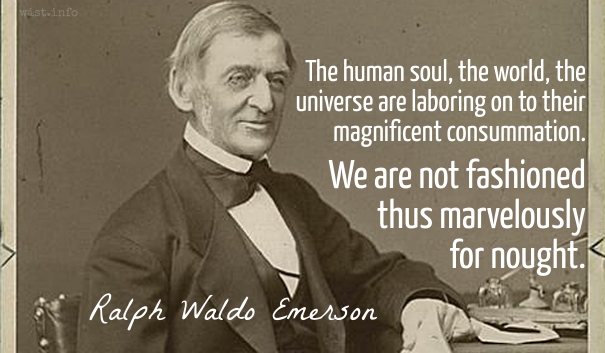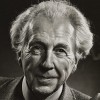You can have any combination of features the Air Ministry desires, so long as you do not also require that the resulting airplane fly.
[Natürlich können Sie dem Luftfahrtministerium ein Flugzeug mit allen gewünschten Eigenschaften bauen — solange Sie nicht zwingend voraussetzen, dass es dann auch fliegt.]
Quotations about:
design
Note not all quotations have been tagged, so Search may find additional quotes on this topic.
Fairness for everyone would be possible only if everyone’s interests were the same, if everyone were in agreement as to what baseline considerations must be in place for a procedure to be labeled “fair.” But if that were the case, the question of fairness would never be raised. It is raised precisely because everyone’s interests are not the same, and since different interests will generate different notions of fairness (the debate between those who call for equality of access and those who call of equality of opportunity is an example), any regime of fairness will always be unfair in the eyes of those for whom it was not designed.
Stanley Fish (b. 1938) American literary theorist, legal scholar, author
There’s No Such Thing as Free Speech, And It’s A Good Thing, Too, Part 1, ch. 5 (1994)
(Source)
I still think the argument from design the weakest possible ground for Theism, and what may be called the argument from un-design the strongest for Atheism.
C. S. Lewis (1898-1963) English writer, literary scholar, lay theologian [Clive Staples Lewis]
Letter to Alan Griffiths (20 Dec 1946)
(Source)
For all my rational Western intellect and education, I was for the moment overwhelmed by a primitive sense of living in a world ordered by a malign and perverted god, and it coloured my view of everything that afternoon — even the coconuts. The villagers sold us some and split them open for us. They are almost perfectly designed. You first make a hole and drink the milk, and then you split open the nut with a machete and slice off a segment of the shell, which forms a perfect implement for scooping out the coconut flesh inside. What makes you wonder about the nature of this god character is that he creates something that is so perfectly designed to be of benefit to human beings and then hangs it twenty feet above their heads on a tree with no branches.
Sometimes I believe in God, sometimes I don’t. I think it’s 50-50 maybe. But ever since I’ve had cancer, I’ve been thinking about it more. And I find myself believing a bit more. I kind of — maybe it’s ’cause I want to believe in an afterlife. That when you die, it doesn’t just all disappear. The wisdom you’ve accumulated. Somehow it lives on, but sometimes I think it’s just like an on-off switch. Click and you’re gone. And that’s why I don’t like putting on-off switches on Apple devices.
The physician can bury his mistakes, but the architect can only advise his clients to plant vines — so they should go as far as possible from home to build their first buildings.
Frank Lloyd Wright (1867-1959) American architect, interior designer, writer, educator [b. Frank Lincoln Wright]
“Frank Lloyd Wright Talks of His Art,” New York Times Magazine (1953-10-04)
(Source)









